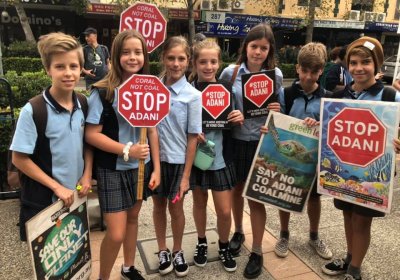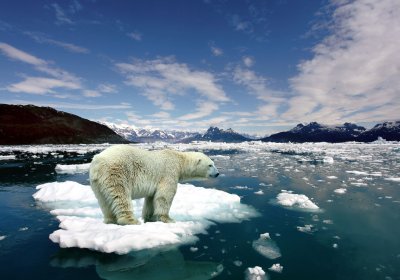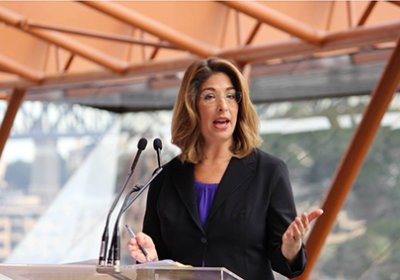With sea level rise, superstorms, mega droughts, crop failure and mass species extinction, nature is forcing us to see what capitalism denies, the interconnectedness of all life on our ocean planet, writes Jess Spear. If we allow business-as-usual to continue, the impact on us will become greater and more severe.
global warming
Climate scientists and campaigners reiterated their demands for urgent global action to dramatically reduce planet-heating emissions in response to a new record-breaking concentration of carbon dioxide in the atmosphere, writes Jessica Corbett.
Every degree of global warming will push a billion people out of the human survival zone, writes Ian Angus.
A few days after Diwali, Delhiites woke up to find the city enveloped by thick smoke and haze, forcing authorities to declare a health emergency.
Socialist Alliance supports the student-led climate movement and Extinction Rebellion and all those who want to work together to boost the numbers for the next global strike called for September, writes Jacob Andrewartha.
'I’m a 15-year-old activist and climate warrior. If you had asked 5-year-old me what I was scared of, I would’ve said the monster in my cupboard. Ten years later and I’m scared of the monster in Parliament House', says Parker Craig.
Global warming of 1.5°C is imminent, likely in just a decade from now. David Spratt reviews several recent studies that point to this alarming conclusion.
So how does hitting warming of 1.5°C one decade from now square with the 2015 Paris Agreement’s goal of “holding the increase in the global average temperature to well below 2°C above pre-industrial levels and pursuing efforts to limit the temperature increase to 1.5°C”?
In two words, it doesn’t.
Extreme weather across the globe should prompt some serious rethinking on policies to mitigate dangerous global warming.
The major parties’ line that they support the Paris Accord is not good enough. The Paris Agreement, although well supported, is voluntary. More importantly, the goal of limiting global warming to between 1.5° and 2°C is still far from safe.
- Previous page
- Page 2
- Next page











